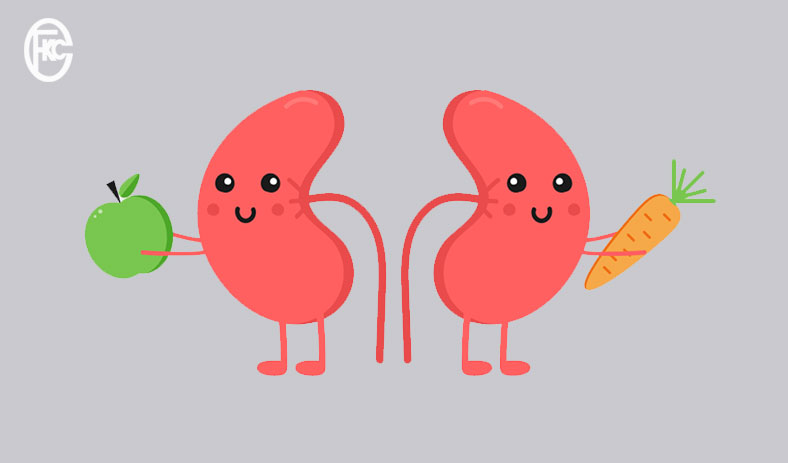
Maintaining kidney health is essential for overall well-being. A proper diet and good nutrition play a crucial role in ensuring optimal kidney health.
Here are some nutrition tips for kidney health, including what to eat and what to avoid:
Limit sodium intake:
Too much sodium can increase blood pressure and lead to kidney damage. Avoid processed foods and limit the use of table salt.
Include lean proteins:
Choosing lean protein sources such as poultry, fish, and tofu instead of red meat can help reduce the risk of kidney damage and maintain healthy kidney function.
Limit phosphorus-rich foods:
High levels of phosphorus can be harmful to kidneys. Avoid or limit the intake of foods like dairy products, nuts, seeds, and carbonated beverages.
Control potassium levels:
Maintaining the right balance of potassium is crucial for kidney health. Limit or avoid high-potassium foods like bananas, oranges, tomatoes, and potatoes if you have impaired kidney function.
Increase fiber intake:
A diet high in fiber can promote healthy digestion and prevent complications associated with kidney disease. Whole grains, fruits, vegetables, and legumes includes in your diet.
Stay hydrated:
Adequate hydration is essential for kidney health. Aim to drink enough water throughout the day, but consult your doctor about the right amount for your specific condition.
Monitor protein intake:
While protein is necessary for overall health, consuming too much can put a strain on the kidneys. Consult with a dietitian to determine the right amount of protein for your individual needs.
Limit phosphorus additives:
Processed foods often contain phosphorus additives that can be harmful to kidney health. Read food labels and choose low-phosphorus options whenever possible.
Avoid excessive alcohol consumption:
Alcohol can cause dehydration and put a strain on the kidneys. Limit your alcohol intake to protect your kidney health.
Control portion sizes:
Eating appropriate portion sizes can help prevent excessive strain on the kidneys. Consult with a dietitian to create a balanced meal plan that takes portion sizes into account.
Conclusion:
Following these nutrition tips can help support kidney health and reduce the risk of kidney damage. By limiting sodium, phosphorus, and potassium intake, including lean proteins, increasing fiber consumption, staying hydrated, and monitoring portion sizes, you can take proactive steps towards maintaining optimal kidney health. Additionally, avoiding excessive alcohol consumption and being mindful of phosphorus additives in processed foods can further protect kidney function. Remember to consult with a healthcare professional for personalized advice tailored to your specific needs and condition.